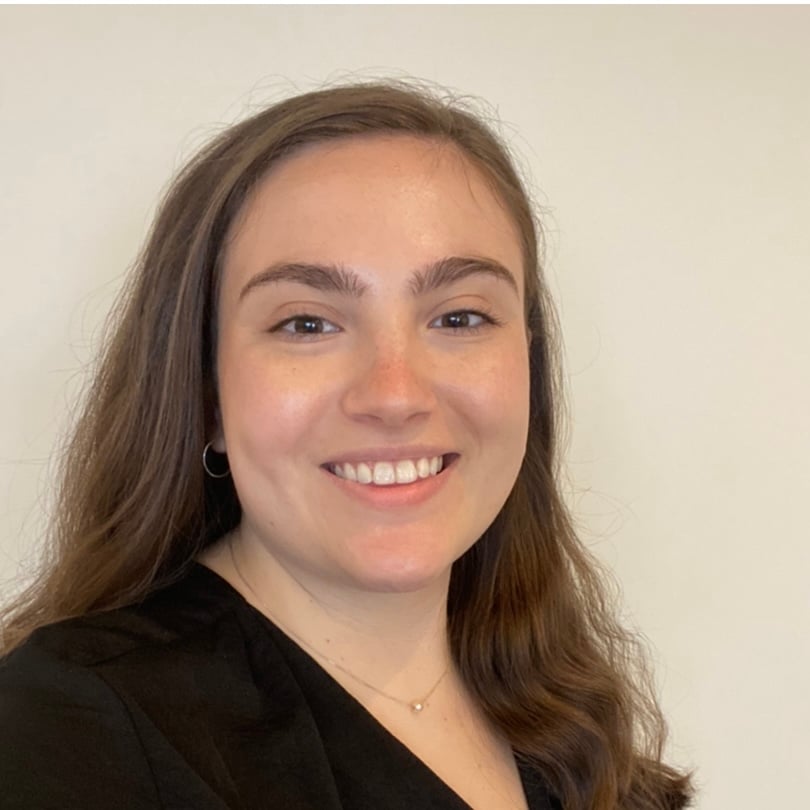As a college student considering applying to law school, you have a lot on your plate: taking pre-law classes, preparing for the LSAT, gaining relevant professional experience, and much more. During this process, one central question will inform all your other choices: whether you will “go straight through” to law school after graduating from college, or take one or more “gap years” between college and law school. The best strategy for you will depend on your motivations for attending law school, your career goals, and your academic and financial circumstances.
Why you should take a gap year
Taking one or more years after college before attending law school can allow students to prepare for the LSAT without simultaneously worrying about undergraduate classes, to gain job experience that can strengthen their law school applications, and to take a break from school before diving back into a three-year legal education. Perhaps most importantly, working full-time can help you determine whether you want to attend law school in the first place. By working as a paralegal or analyst at a law firm or legal services company, for instance, you can get a sense for the day-to-day business of attorneys in a given practice area, allowing you to consider whether you can see yourself doing that work one day. Working full-time before enrolling in law school can also help to offset the cost of law school and reduce your potential debt burden. Keep in mind that leaving an academic environment and entering the professional world can potentially disrupt your momentum, and many students find it difficult to study for the LSAT while working full time. This option might be best for you if you’re not sure about law school, or if you’re feeling burnt out with schoolwork.
Why you shouldn't take a gap year
On the other hand, attending law school immediately after college can allow students to keep their academic momentum and hit the ground running in law school. Many students enjoy the continuity of academic mindsets associated with immediately enrolling in law school, and the security of a law school acceptance letter can allow you to graduate from college with the guarantee that you won’t be lost in a challenging job market. If you’re confident about your decision to attend law school, going “straight through” could make it easier to attain letters of recommendations from professors and mentors. Down the road, this timeline will provide a JD in your mid-twenties, allowing you to kickstart your legal career more quickly, and potentially accommodating your other personal or professional goals. Keep in mind that many students find it difficult to successfully prepare for the LSAT while balancing college courses and extracurricular activities. This option might be best for you if you’re sure that law school is the right choice for you and you’re ready to get started.
You can't go wrong
Both timelines are totally normal and can result in outstanding legal careers. According to data from the Association of American Law Schools, about 1 in 3 (35%) of law students enrolled directly after college, while about two-thirds (65%) delayed law school by at least one year. Of those who delayed law school, 53% waited three or more years between graduating college and beginning law school.
Ultimately, although your chosen timeline will be central to your law school admissions journey, your decision likely won’t have a significant impact on your legal career long-term. Take some time to think about which timeline better fits your goals and limitations, but remember that neither choice is a dealbreaker for succeeding in the law school application process. Good luck!

Comments